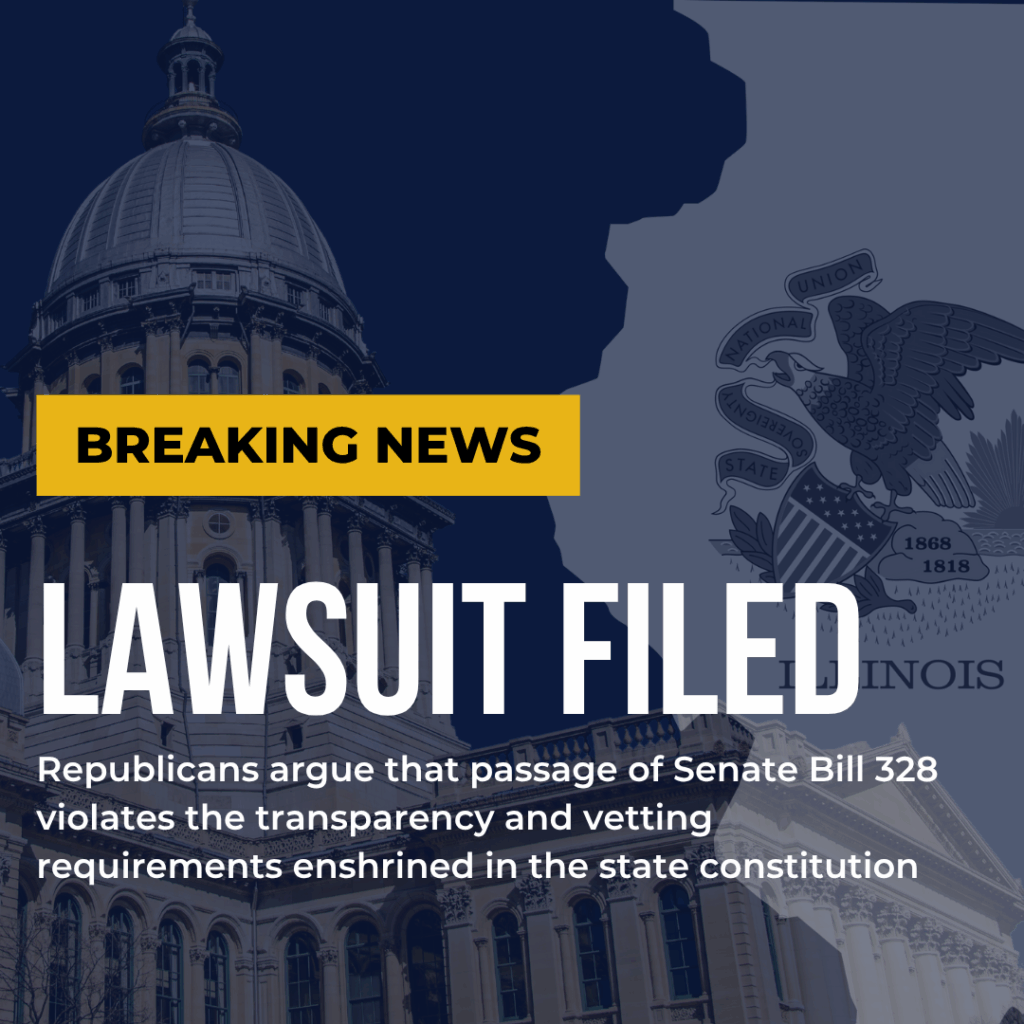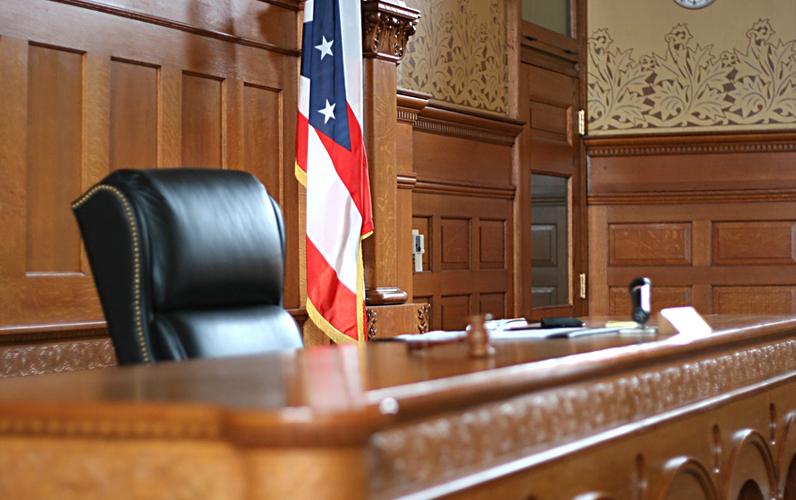Governor Signs Record-Breaking Budget into Law

SPRINGFIELD – Governor JB Pritzker has officially signed into law the largest government spending plan in Illinois history – a more than $55 billion spending plan that includes nearly $1 billion in new tax increases and relies heavily on budget gimmicks and one-time revenue grabs.
Passed by the General Assembly on May 31 and signed by the Governor on June 16, the Fiscal Year 2026 budget reflects a nearly $15 billion increase, almost 40 percent, since Pritzker took office.
State Senator Dave Syverson (R-Cherry Valley) says he and his Senate Republican colleagues opposed the plan, pointing to record spending, misplaced priorities, a lack of transparency, and a growing financial burden on families and businesses.
The massive government spending plan relies on new and increased taxes on vacation rentals like Airbnb, gaming, phone services, nicotine products, and hundreds of millions in additional taxes on businesses that will inevitably be passed on to consumers. Democrat leaders also leaned on nearly $400 million in one-time revenue grabs and accounting tricks to balance the books.
Republican-led efforts to provide tax relief to Illinois families were blocked. While the budget continues to fund programs like for noncitizens it underfunds services for Illinoisans with intellectual and developmental disabilities.
The plan also underfunds Pre-K through 12th grade education and eliminates a key property tax relief program for families already struggling to survive.
Senator Syverson argues this is yet another bloated government spending plan that keeps growing while family incomes don’t. It adds to the strain on working families, drives employers out of Illinois, and offers little relief in a state already burdened with the highest tax load in the nation.
Republican Lawmakers Urge Veto of SB 328, File Lawsuit to Expose Constitutional Violation

Members of the Illinois House and Senate Republican caucuses joined together June 18 to call on Governor Pritzker to veto Senate Bill 328, legislation that would serve only to enrich trial lawyers at the expense of jobs and economic growth.
They also filed a lawsuit in Sangamon County court to enforce the Illinois Constitution’s Three Readings Rule, due to the blatantly unconstitutional process the Democratic majority used to ram the special interest proposal through the General Assembly after midnight on the last day of session.
The Illinois Constitution’s Three Readings Rule is designed to give lawmakers sufficient time to evaluate legislation and to ensure transparency for the public. It requires that bills be read on three separate days. However, Democrats have consistently disregarded this requirement.
The lawsuit specifically challenges the passage of Senate Bill 328, which Republicans argue was advanced without following the required legislative procedures. They contend that the bill poses an immediate threat to Illinois residents by exposing the legal system to greater exploitation by trial lawyers.
The legislation would overhaul Illinois’ judicial system and allow out-of-state businesses to be sued by out-of-state plaintiffs in Illinois courts for incidents with no connection to the state. A lesser-known provision in the law also allows foreign businesses registered in the state to be sued. It was passed using a variety of procedural gimmicks to avoid constitutional requirements and public scrutiny.
Similar legislation has twice been vetoed by New York Governor Kathy Hochul and multiple national and state business groups, including the American Tort Reform Association and Illinois Manufacturers’ Association, have been echoing the Republicans’ call for a veto.
Senator Syverson argues that the lawsuit is a necessary step toward holding lawmakers accountable and restoring transparency and constitutional integrity to the legislative process.
Momentum Builds Against Illinois’ Unconstitutional Gun Ban

The United States Department of Justice (DOJ) has come out against Illinois’ 2023 ban on more than 170 semi-automatic firearms, including commonly-owned rifles like the AR-15. In a legal filing, DOJ attorneys said the law violates the Second Amendment right to keep and bear arms.
A federal judge in southern Illinois has already ruled the law unconstitutional. Illinois is appealing the decision to the Seventh Circuit Court of Appeals, which is now reviewing the case.
Senator Syverson says the 2023 ban unfairly targets law-abiding gun owners and that the DOJ’s position reinforces the long-standing constitutional right to possess commonly used firearms.
Backing that view, 35 Illinois State’s Attorneys have also filed a brief urging the court to strike down the ban, saying it punishes citizens without reducing crime. The court’s final decision could have a major impact on gun rights not just in Illinois, but across the country.
Illinois Bans Mini Shampoo Bottles in Hotels

Starting July 1, hotel guests in Illinois will no longer find single-use personal care products readily available in their rooms.
Signed into law last year, the Small Single-Use Plastic Act prohibits hotels from stocking hotel rooms with small, single-use plastic bottles containing personal care products.
The law will first apply to hotels with 50 or more rooms and will extend to hotels with fewer than 50 rooms beginning Jan. 1, 2026. Hotels found in violation will receive a written warning for a first offense and face fines of up to $1,500 for second and subsequent offenses.
However, hotels may still provide personal care bottles to guests upon request.

